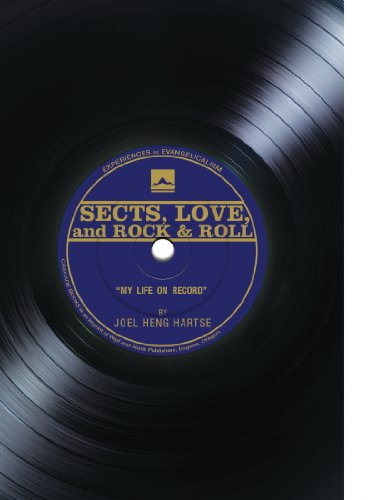DHSI UVic
Thanks to the Simpson Center for the Humanities at the University of Washington, I was able to attend this year's Digital Humanities Summer Institute, hosted by the University of Victoria in B.C., just up the proverbial street from Seattle. While I learned a lot (and was bewildered often), perhaps the most helpful aspect of the DHSI was incidental to it.
Though the sessions themselves were compelling, and will feature in future research of mine, most immediately rewarding was that the conference coincided, whether intentionally or not I can't say, with another academic gathering: the Academic Congress 2013, which drew scholars from all over the continent in every area of artistic and humanitarian concern. Seven thousand participants were gathered at the UVic at the same time, outgoing as we were incoming, but in that crossover, I made several connections with scholars from Mexico to Montreal at the opening night buffet, where I also caught up with my old colleague and DH wunderkind, Dr. Jentry Sayers.
Furthermore, as is often that case with academic conferences, but which I've never seen on such a scale before, publishing houses had sent representatives to the book tent, so I was able to talk editions with editors from Broadview Press, McGill-Queen's University Press, University of Toronto Press, and others I admire. Invaluable.
There also, as grace would have it, I met Joel Heng Hartse, who was there giving a paper at the commons, and which I wouldn't have known had I not seen #uvic on a Twitter post. Hartse's book Sects, Love, and Rock and Roll, was one of my favorite reads last year: empathetic and wise, and dead-on in taste. He writes for magazines like Paste and Geez, and teaches Applied Linguistics classes at the University of British Columbia over in Vancouver. We'd met briefly at a reading he gave with Dr. Jeff Keuss at Seattle Pacific, but meeting an author at a book signing is never a terribly intimate affair.
While we were talking in the courtyard of the MacLaurin Building, Digital Humanists buzzing around us, we had (okay, he had) an idea for a media project that we began working on right on the spot: he downloaded the appropriate software, and we recorded the first episode/incarnation of P.E.P.I. (more information forthcoming post processing).
Who knows if it will amount to anything, but this is what I love about conferences. They are more than sessions, more even than the exchange of business cards in between. We not only talked about, but began--actually put words on tape and paper--a DH project on the first night of the conference that is we think useful and interesting and that will include other participants in culture and academia as the series progresses.
I'm not sure if it would have happened had we not been at the same conference. Probably not, and it certainly wouldn't have happened that way, coming off the kinetics of meetings, exchanges, and the sense of possibility that attend these gatherings.

